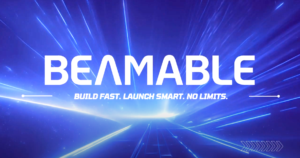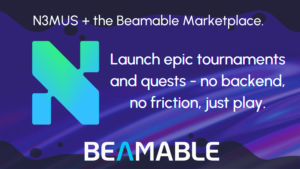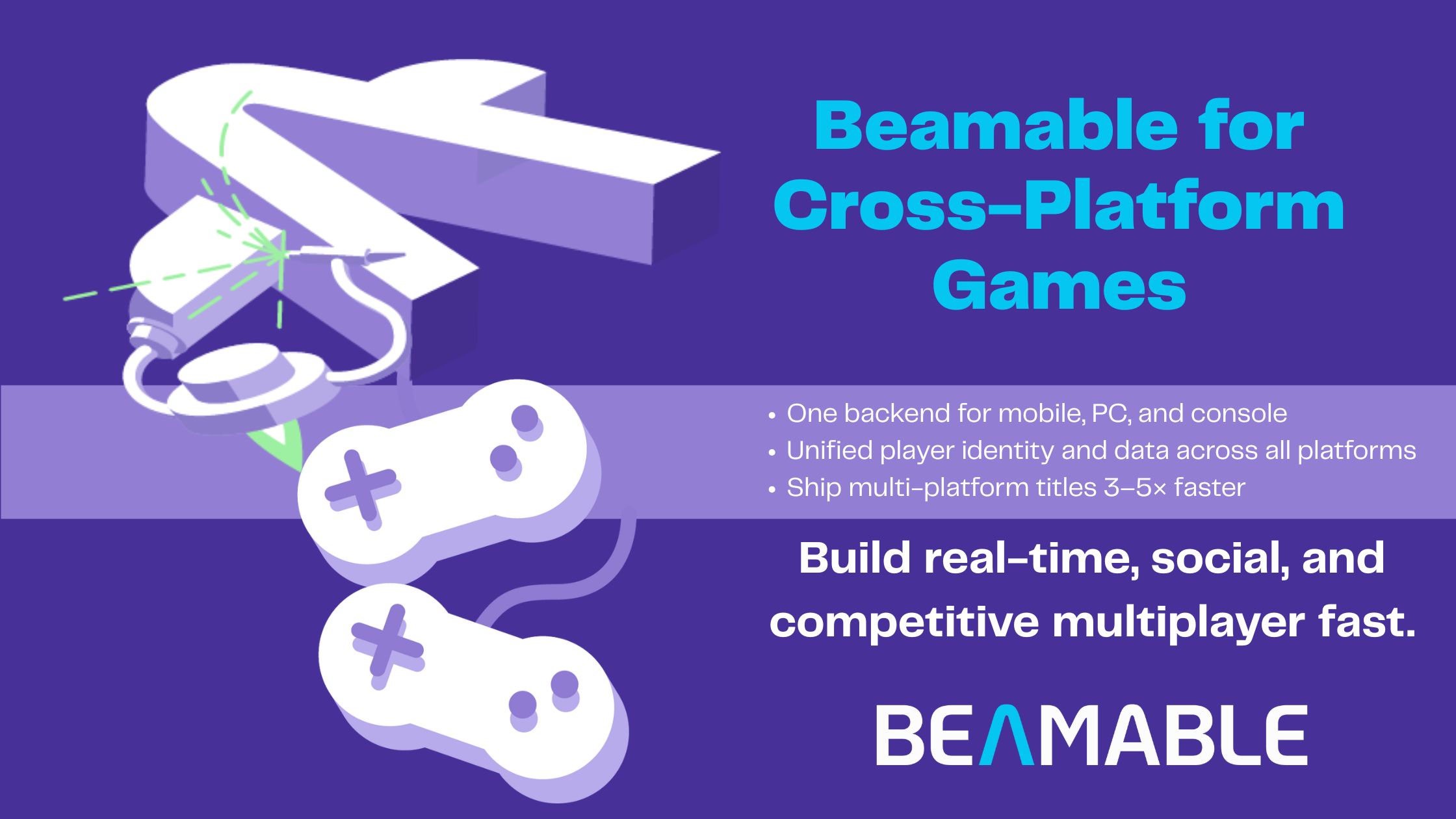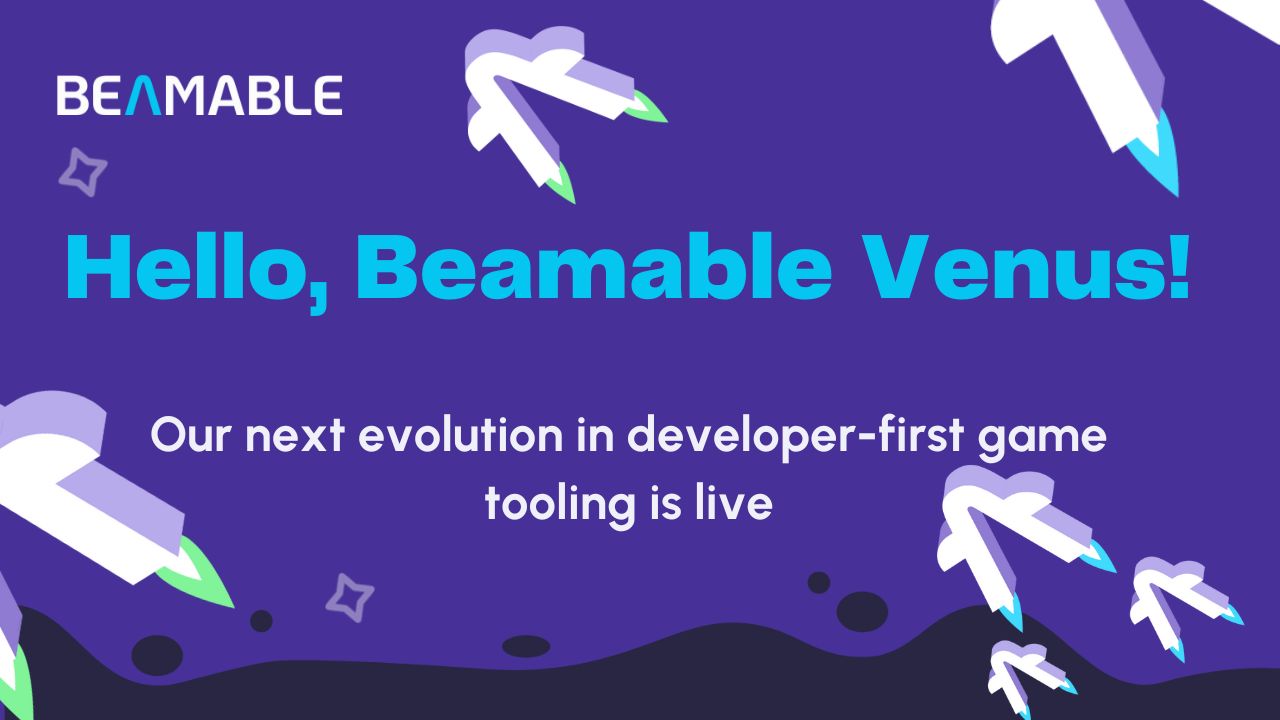The Next Era of Beamable Is Coming: Introducing Beamable Venus
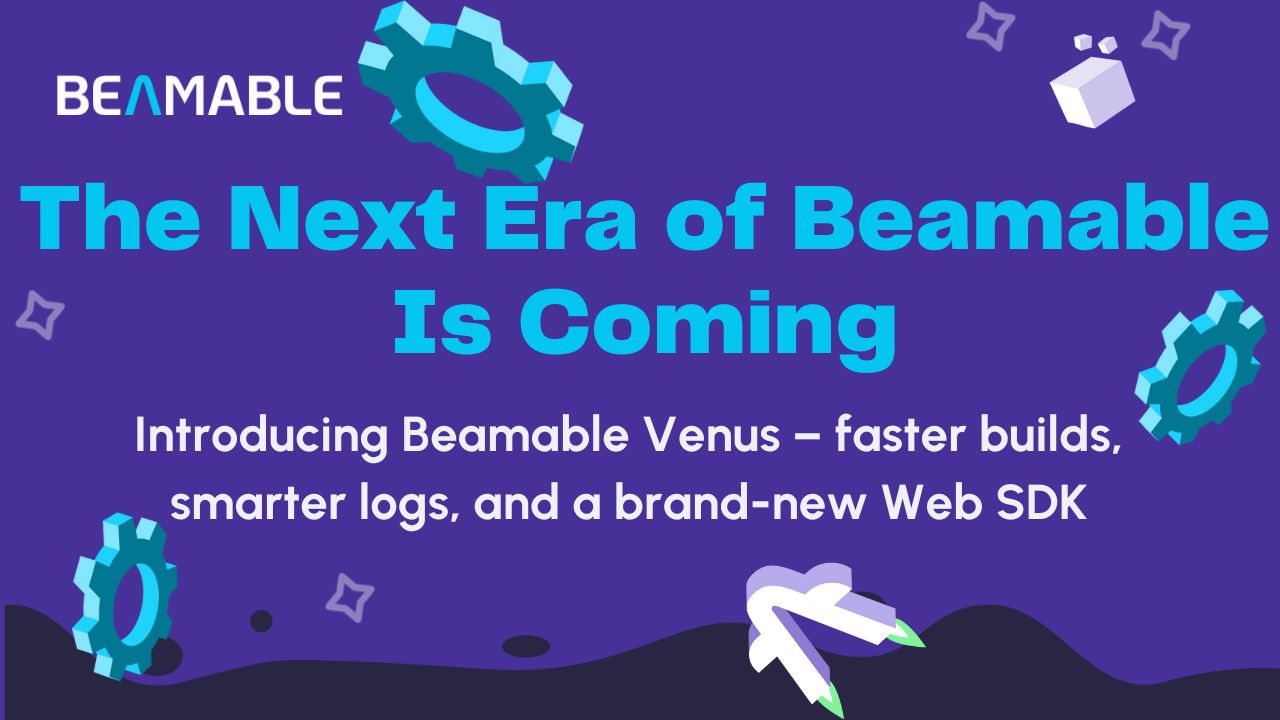
The Next Era of Beamable Is Coming: Introducing Beamable Venus
By Chris Hanna
We’re about to take the next big step in the Beamable journey. Our next flagship release – Beamable Venus – arrives later this month, and it’s packed with upgrades designed to make building, launching, and scaling live games even faster.
From Unity to Unreal to Web, this release levels up the entire platform. You’ll see improvements across our SDKs, microservices, CLI tools, and documentation. Let’s dig into what’s new.
Smarter, Faster Microservice Logs
Logs are your window into what’s happening inside your game – and they’re essential when it comes to debugging and understanding player behavior. With Venus, we’ve completely re-engineered the Microservice logging backend to make logs more powerful, accessible, and lightning-fast.
Our new logging solution is built on OpenTelemetry and ClickHouse, delivering near-instant log visibility in the Beamable Portal. You can now:
- Search logs using fuzzy text or attribute filters (for example, show only messages where sum = 13).
- Share log searches with teammates – your search terms are embedded right in the link.
- Click any log for a detailed summary, attributes, and quick navigation to related logs.
Best of all, you can share stable links to individual log entries for easy collaboration.
When you go to view your logs on the Portal, you will see a page similar to the following:

The search box is a rich text box that allows you to search your logs based on fuzzy-text-match or by attribute filtering. For example, you could search for messages only where the sum attribute is 13.
Your recent searches are saved locally for fast lookup in the future.
The link to the page includes your search terms, so you can share the link with colleagues.
And when you click on a log, you will be able to view the detailed summary of the message, including the rendered message, log attributes, and quick links for navigating related logs.
You can also share a stable link to the log summary itself.

We’ve also added dynamic log levels per request – a game-changer for live debugging. If one player reports a bug, you can temporarily enable DEBUG logging just for that player, capture rich data, then turn it off again. No downtime, no noise for the rest of your player base.
If you prefer to pipe logs directly into Datadog, BetterStack, or another third-party system, the backend is fully configurable. It’s your choice.
Microservices, Simplified
Beamable’s Microservices power a growing ecosystem of integrations, from Hathora and SUI to Solana and beyond. With Venus, you can now combine multiple integrations into a single Microservice.
This new pattern saves deployment costs and simplifies your architecture. Here’s what it looks like:

The .IncludeRoutes<T> statement lets you source [ClientCallable] methods from multiple classes—whether they live in your local project or external packages.
You’ll also gain more control over dependency injection, routing, and namespacing. It’s a cleaner, more flexible way to build, extend, and maintain your backend services.
Meet the New Beamable Web SDK
For the first time, Beamable comes to the web.
Our new Web SDK works in both browser and server environments, with full TypeScript support. It’s perfect for connecting Beamable to your web games, dashboards, or backend services – and it’s designed for speed and simplicity.
Getting started is fast:

The SDK includes everything you need to interact with the Beamable API – plus support for content workflows, player notifications, developer notifications, and autogenerated client code for your Microservices. Like our other SDKs, it’s source-available.
A Better Documentation Experience
We’ve redesigned our documentation from the ground up. The new Beamable Docs will be organized by product (Unity, Unreal, Web) and versioned by SDK release.
That means:
- You’ll always have access to documentation that matches your SDK version.
- Command-line tool references are embedded directly within SDK docs.
- Unreal and Unity docs live independently for easier navigation.
We’re also moving our community Q&A to GitHub Discussions for tighter integration with code and issues. And of course, our Discord remains the best place to connect with the Beamable team and community.
Unreal SDK Improvements
Testing multiplayer projects in Unreal can be tricky. Our updated Unreal editor tooling helps you create reusable player profiles and assign them to slots for repeatable, multi-user testing.
You can clone, copy, and modify profiles to simulate different gameplay conditions—all directly inside the editor.
Check out the Beam Ball sample project to see it in action. It demonstrates how to bring Beamable into your Unreal project with features like authentication, inventory, and matchmaking.
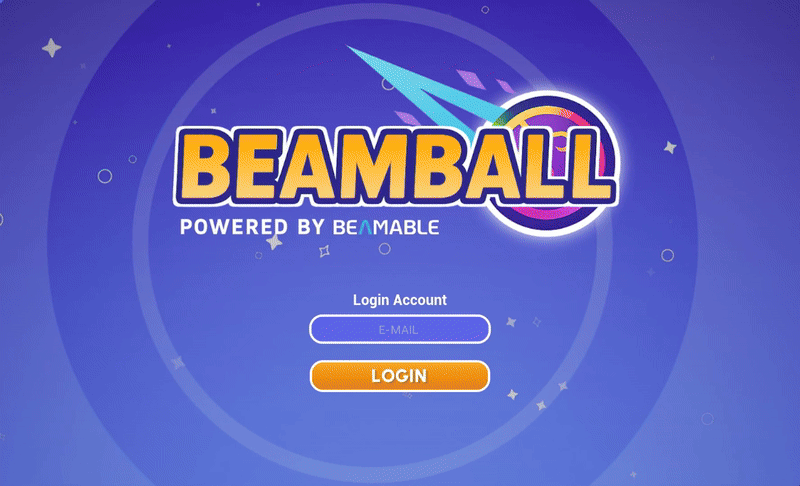
Launching Soon
Beamable Venus launches later this month. Whether you’re building in Unity, Unreal, or the browser, this release brings major improvements to every part of the Beamable experience.
Stay tuned for the full release announcement – and get ready to build faster, launch smarter, and scale without limits.
